自動詞 じどうし Intransitive verbs (v.i.): A verb that does not require a direct object is an “Intransitive verb”. The action or state
identified by an intransitive verb relates only to the subject of a sentence. Intransitive verbs take subjects only, and in this case the subject is the things or person experiencing or undergoing the action of the verb. In Japanese there is a strong tendency to view and describe an event as something happening
by itself often beyond the control of an agent.他動詞 たどうし Transitive verbs (v.t.): A verb that requires a direct object is a “Transitive verb”. It usually expresses an action in
which the activity is directed towards someone or something, as indicated by a direct object. Transitive verbs take subjects, and direct objects (receiver of the action marked by を).
Transitive and Intransitive Verbs (Tae Kim’s Guide to Learning Japanese)


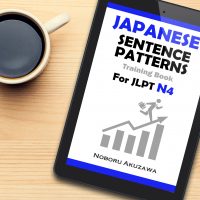
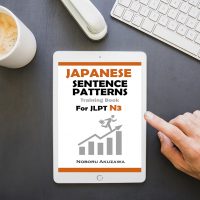
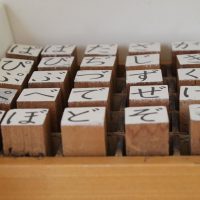

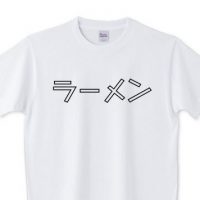


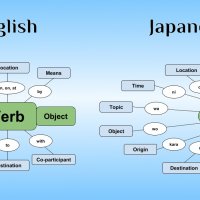



















No comments yet.